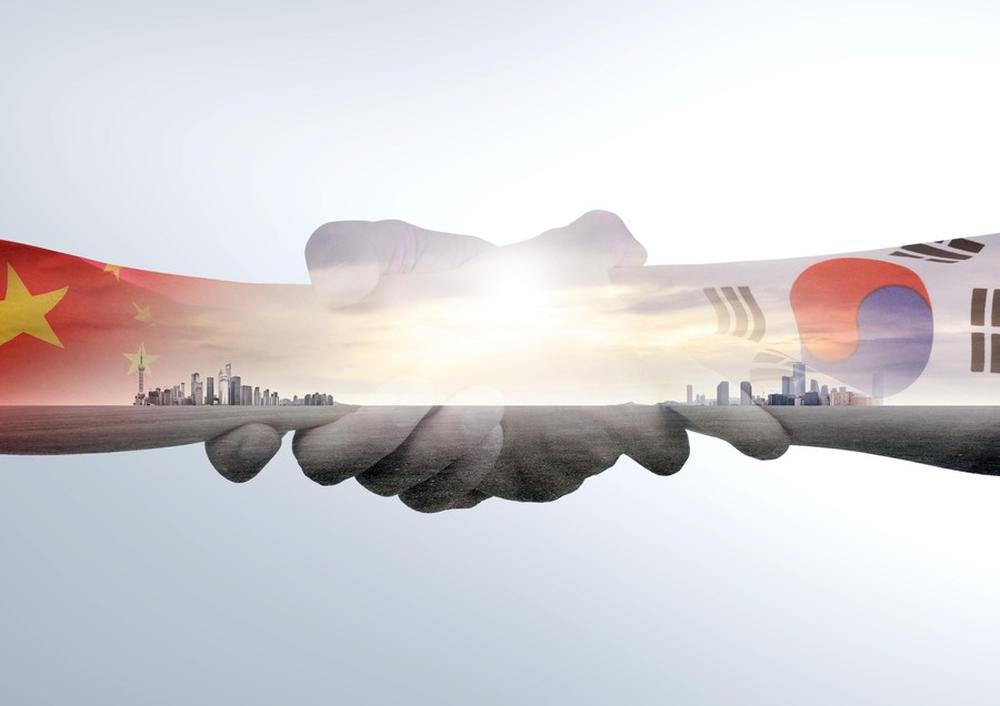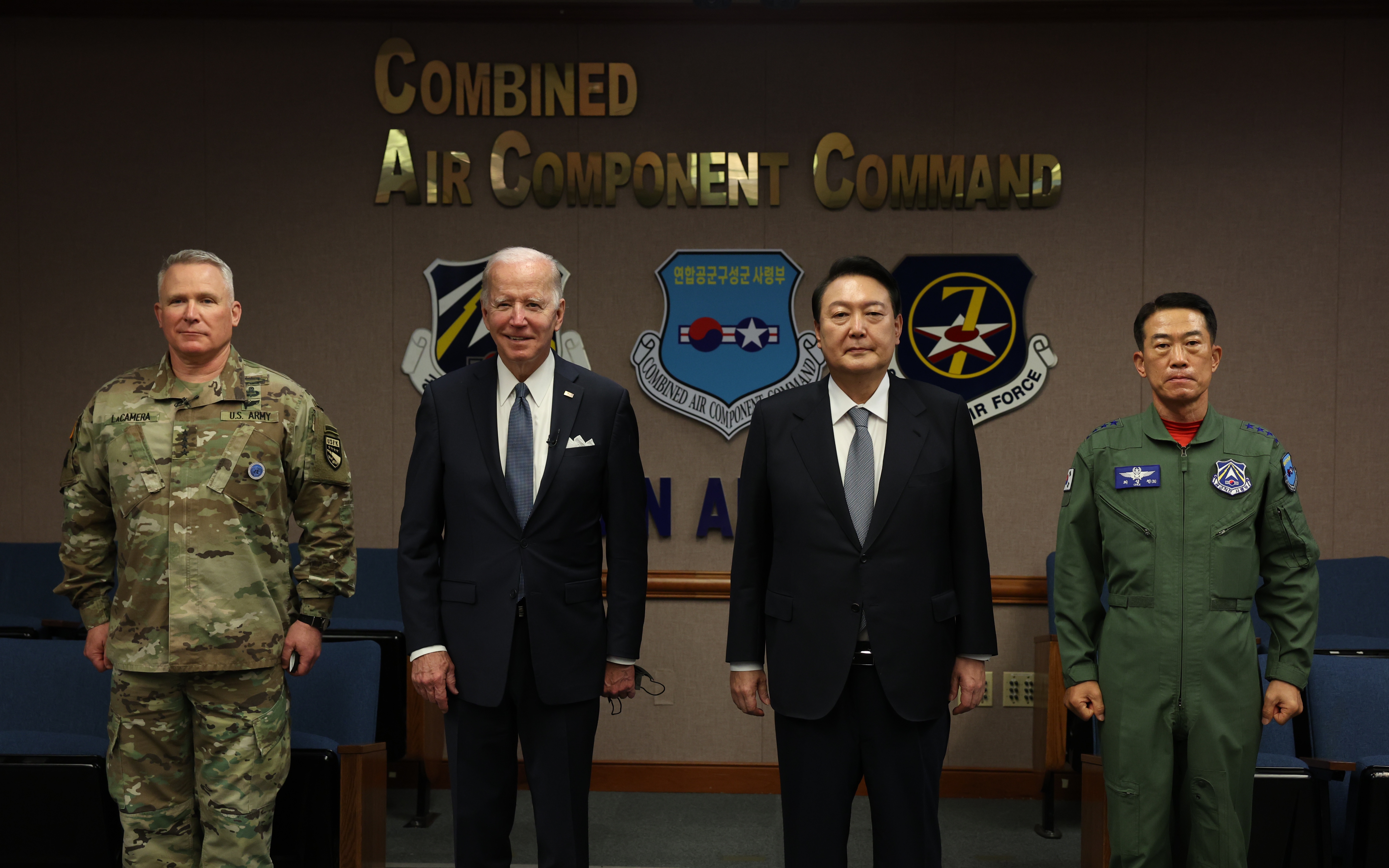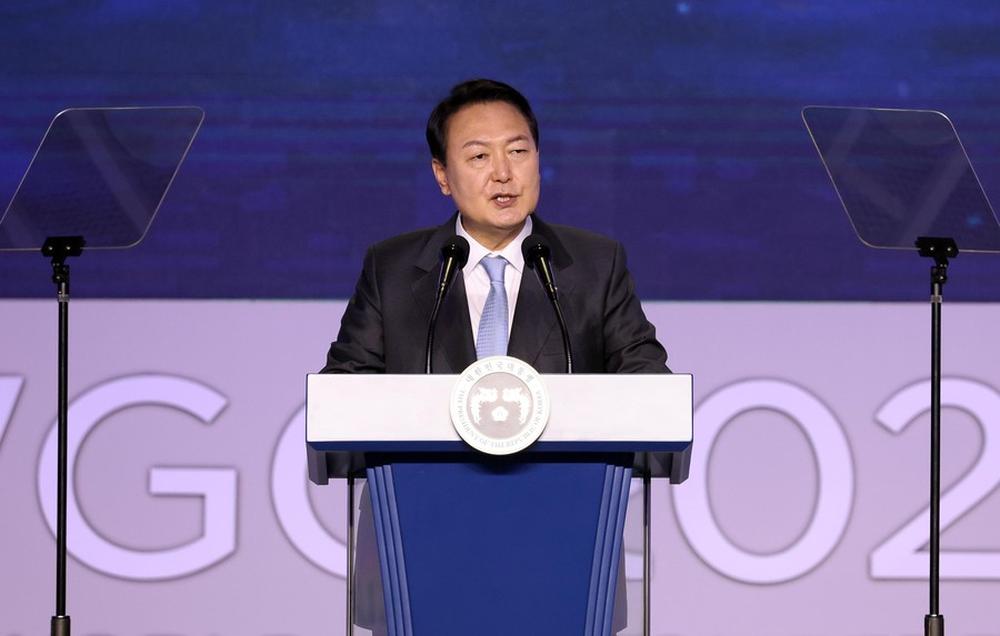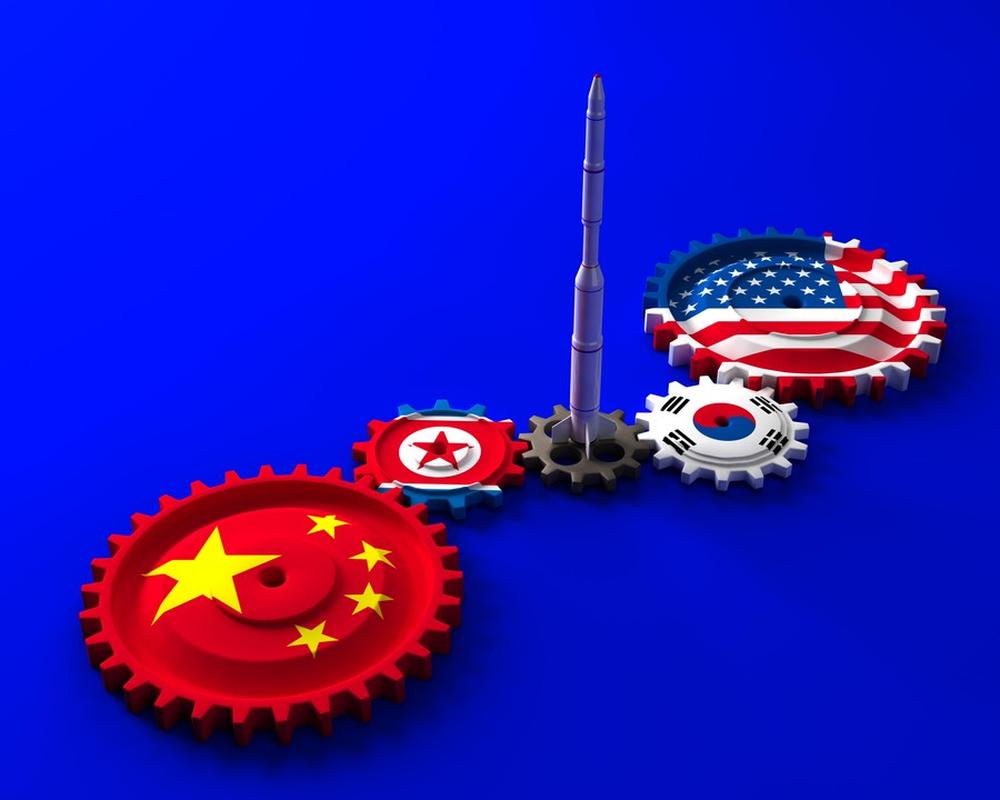- #China
- #Inter-Korean Relations
- #South Korea
- #US Foreign Policy
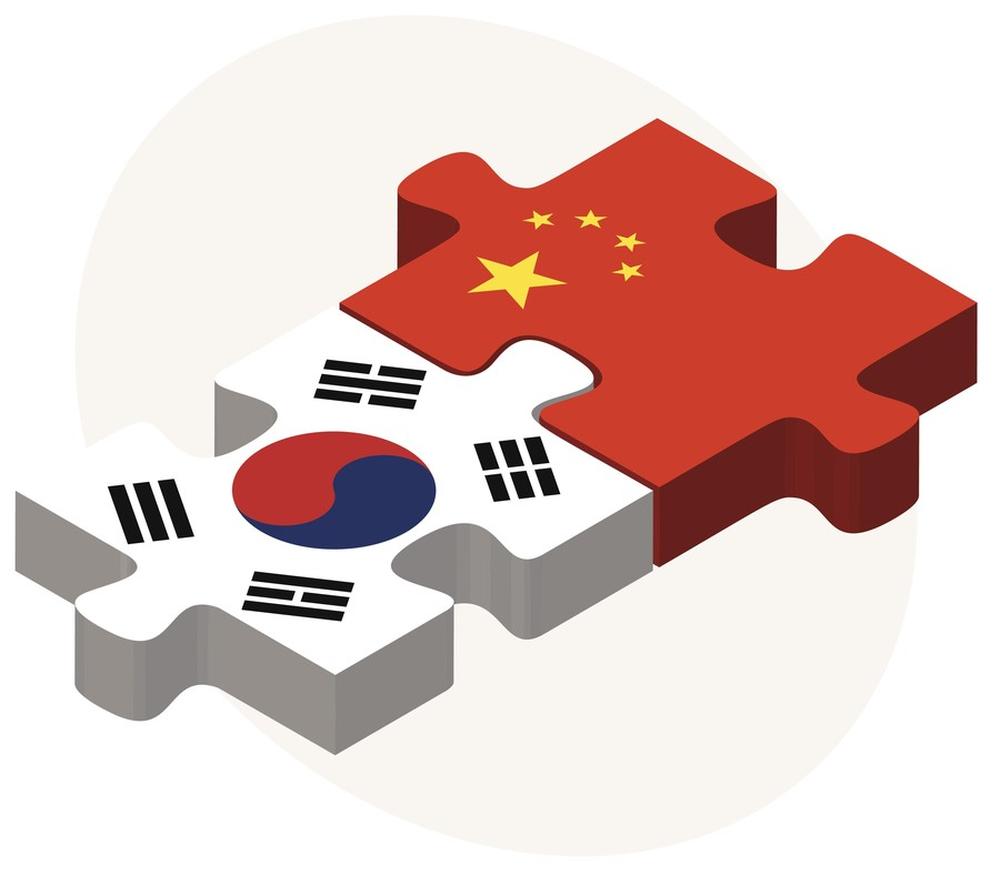
► Yoon Suk Yeol’s swearing-in as the 12th president of the Republic of Korea (ROK) ushered in a new era of uncertainty on Sino-ROK relations.
► South Korea and China’s diverging approaches toward a variety of critical issues are becoming increasingly prominent and incompatible.
► If both countries fail to address their differences, we may witness more clashes on their policies toward the United States, North Korea and other issues in the years to come.
Yoon Suk Yeol’s swearing-in as the 12th president of the Republic of Korea (ROK) ushered in a new era of uncertainty on Sino-ROK relations. The uncertainty comes from three major sources. First, it arises from heightened Sino-US strategic rivalry, which shows no sign of abating. As an ally of the US and a critical economic partner of China, South Korea struggles to strike a balance between the two powers. As the rivalry becomes increasingly tough, South Korea may be forced to take sides with the United States at the expense of its relations with China. Second, the uncertainty has much to do with President Yoon’s foreign policy orientation, which is characterized by his pro-US rhetoric during his presidential campaign. Yoon made it clear that he wants to strengthen ROK’s relations with the United States even at the risk of angering China. China’s close relations with North Korea constitute a third source of uncertainty on China-ROK relations. North Korea has been an old point of friction on China-ROK relations. After becoming less prominent during Moon’s era, it is poised to reassert its prominence as China is determined to maintain good relations with North Korea and Yoon is willing to take a tougher stance on Pyongyang.
Election Rhetoric Sounds the Alarm in Beijing
Even though Yoon has little experience in diplomacy, his presidential election campaign was characterized by his sharp rhetoric on ROK-China relations, which sounded the alarm in Beijing. Yoon’s proposed policies on issues concerning China can be summarized as follows. First, Yoon promised to seek “a comprehensive strategic alliance with Washington and put it as “the central axis of Seoul’s foreign policy.” Yoon’s position is perceived by many Chinese as an explicit declaration to lean towards the United States in its rivalry with China. Second, Yoon believed that Moon’s “Three Nos” policy “undercut South Korea’s sovereign right to protest its people” and announced that “Seoul should remain open to additional deployments of THAAD in proportion to North Korea’s growing missile threat.” Obviously, scrapping the “Three Nos” policy that once helped to stabilize THAAD-ravaged bilateral relations will undercut the fragile trust that has been painstakingly rebuilt during the past five years. Third, Yoon’s increasingly tough attitude toward North Korea signals a shift from Moon’s reconciliatory policy. If Yoon follows through with his words and begins to treat North Korea as an enemy, he may find South Korea and China on a collision course since China and North Korea have restored their historical friendship and rendered support to each other over a variety of critical issues.
Even though it is typical for candidates to not follow through with what they say during election campaigns, Yoon may prove to be different. Alarmed Beijing may have to take action to prevent its relations with Seoul from sailing into troubled water.
One Step to Further ROK-US Alliance
In order to prevent Yoon from honoring what he promised during the elections and to create a good start for Sino-South Korean relations, China sent Wang Qisha to Seoul in the capacity of Xi Jinping’s special representative, Vice President of People’s Republic of China, to attend Yoon’s inauguration ceremony. In his meeting with President Yoon, Wang, the highest-ranking Chinese official who made an oversea trip since the outbreak of Covid-19 in early 2020, made a five-point proposal to further advance Sino-South Korea relations and invited Yoon to visit China on behalf of Xi.
China’s preventive diplomacy was quickly offset by Biden’s visit to South Korea. Biden’s visit broke the long-standing tradition in which South Korea’s new president visits Washington first and resulted in a long-anticipated joint statement. This marked an upgrade of the traditional US-ROK alliance from one that mainly focuses on the Korean Peninsula to a global comprehensive strategic one. By agreeing to set up new consultation mechanisms with the US to enhance their cooperation on economic and energy security and join the US-proposed IPEF, Yoon has delivered on his promise to strengthen South Korea’s alliance with the United States. Obviously, as China and the United States are still locked in a head-on rivalry, South Korea is clearly leaning to the United States in this not-so-sensitive area.
First Face-off on North Korea
Yoon’s determination to reverse Moon’s conciliatory policy toward North Korea pits South Korea against China. Since Yoon designated North Korea as the main enemy, South Korea’s military started to refer to North Korea as “our enemy” in its education materials. In a recent interview with CNN, Yoon announced that the age of appeasing North Korea is over. Yoon’s government may try to neutralize North Korea’s nuclear and missile capabilities by strengthening its air and missile defenses, including deploying the second set of THAAD system and strengthening the South Korea-US-Japan trilateral security cooperation. The measures are a clear breach of the “Three Nos” policy and may invite China’s protest. During the past five years, China and North Korea’s top leaders have met five times and restored the two countries historical friendship that had been damaged by their disputes over North Korea’s missile and nuclear development. US hostility toward both China and North Korea helped to nudge them closer. Along with Russia, China has called for the lifting of UN-imposed sanctions against North Korea since 2019 and opposed denouncing North Korea in a closed-door UNSC emergency meeting triggered by North Korea’s Intercontinental missile test this March. Yoon’s government had its first face-off with China in a Security Council meeting on May 26 this year in the immediate wake of North Korea’s May 25 missile test-firing. In the meeting, representatives of the United States and South Korea denounced North Korea’s tests, but China and Russia vetoed a US-proposed sanction resolution against North Korea. Yoon’s government expressed “deep regret” about the unprecedented rejection of the resolution. South Korea was comforted only by a joint statement by Secretary of State Antony J. Blinken, Japanese Minister for Foreign Affairs Hayashi Yoshimasa, and Republic of Korea Minister of Foreign Affairs Park Jin, in which they condemn the May 25 DPRK launches of an intercontinental ballistic missile and shorter-range ballistic missiles.
In sum, China and South Korea have been entering a new era of uncertainty. Although Yoon is exercising some cautiousness in dealing with China such as not seeking Quad’s full membership in the near future and not mentioning the deployment of the second set of THAAD, he was bold to take swift actions in an effort to fulfill several of the foreign policy commitments he made during the presidential elections. South Korea and China’s diverging approaches toward a variety of critical issues are becoming increasingly prominent and incompatible. If both countries fail to address their differences, we may witness more clashes on their policies toward the United States, North Korea and other issues in the years to come.
CHENG Xiaohe serves as professor at the School of International Studies, Renmin University of China. His main research focuses lie in the fields of China’s foreign relations in general and China’s relations with neighboring countries in particular. Dr. CHENG did his undergraduate work in international politics at Fudan University, Shanghai, and earned his doctorate in political science from Boston University.
